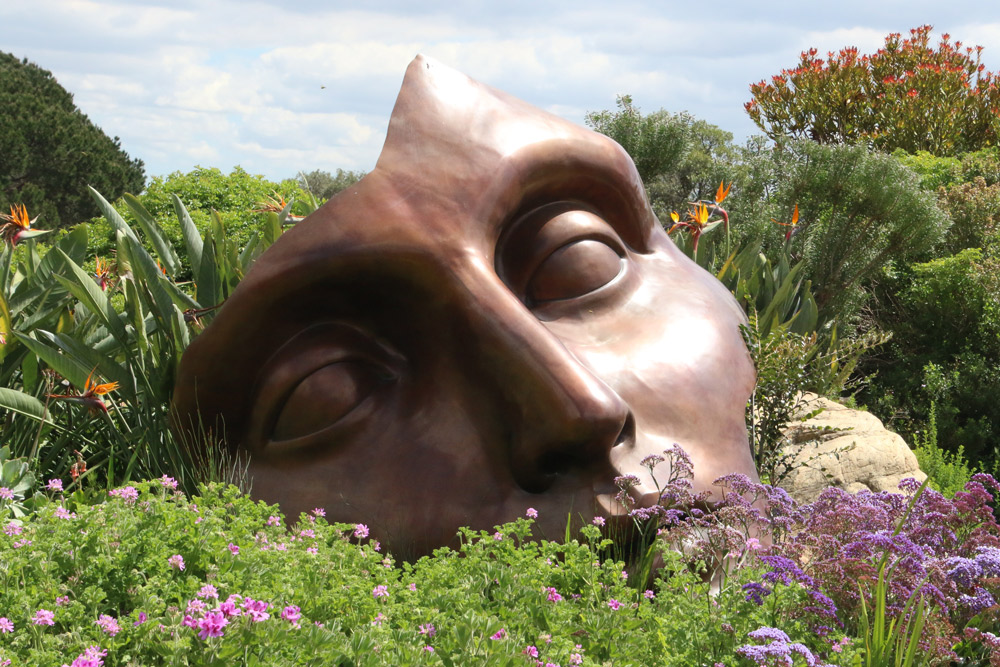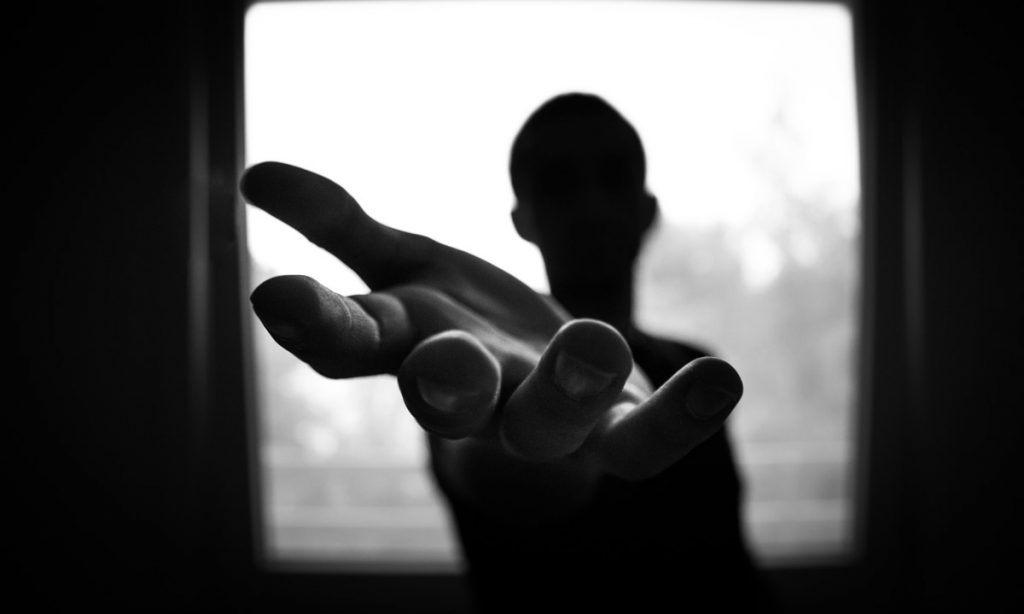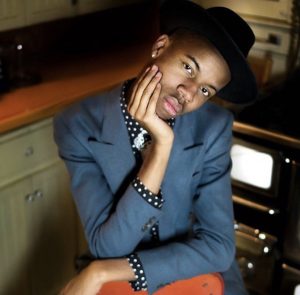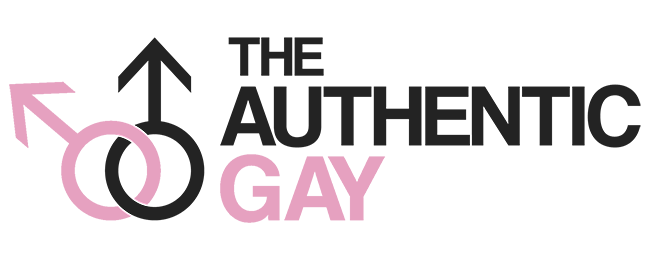Contingent Identities

Beyond these four walls, who am I? What is my identity? Who shaped my identity? What shaped my identity? Why is concretely knowing my identity so goddamn important? Question after question, never seem to find an answer as if the only remedy to my uncertainty lies within another question. My identity is seemingly always in a constant battle with itself, having to decide between my social identity and my cultural identity. Could it be that both of my identities are contingent upon each other? As if one can not exist without the other. What is this world we live in, where being certain means being normal and not knowing is a disadvantage. Up until this point, my identity as a young African American gay man has been distorted to reflect that of a sellout to my own culture. This conflict has provided me with an astronomical amount of questions leading me to self-inquiry about my most significant communal influences to my identity: the African American community and the LGBTQ+ community.
I, Isaiah Ivory Jones, am ethnically mixed close to 50% African American and 40% Native American with sprinkled 10% white. So which do I identify the most with? Honestly, about a year ago, I would tell you that I was more in tune with my white ethnic background. Society distorted my belief to think race is merely relative to other various factors, such as influence, community, upbringing, gender, religious views, and so much more. I would find myself being ashamed of identifying as African American. As if assimilating to white culture was far more beneficial and less hazardous. Now, society has categorized me as an African American male, and because I don’t sag my pants or talk slang, society does not see me as a threat. I will admit, I strive to use correct verbiage, I want to give the most respect to my peers, and I have been known to dress conservatively. My fashion, articulation, and respect is an individual choice rather than a rebellion against the stereotypical behavior of my people. Society would like to show me off as a well-dressed nigga, but I am far more than just a culmination of ethnic percentages.
After realizing that ethnic freedom is within grasp, I would ask, “How do we as African Americans stray away from this linear cliche mindset? How can we be more complex in the minds of others? What makes you complex?” Self-thought, opinions, perspective, self-respect, and focusing on what unites a culture, not what tears it apart. Being able to listen to understand rather than listening to respond has changed the African American image in my eyes. I now find myself embracing my 50% African heritage, wanting to find out all there is to know about my people. I also want to find others on the same wave-length as I, hoping to make meaningful connections along the way. The aspiration being a collective inspiration among my black colleagues, giving them a newfound hope for unity. My identity is not 50% African American, 40% Native American, and 10% white; it is 100% united.

I, Isaiah Ivory Jones, am gay and not that proud. In the social light, I should feel accepted, included, happy, and safe, right? If this is so, why do I feel the exact opposite of each of those words? I don’t feel accepted or included in my community, my happiness is determined by my social anxiety, and my safety is merely a figment of my imagination. Safety is relative to location and personal views, so asking am I safe to express myself anyway I see fit would be like asking am I safe to walk through LA after 12. I struggle with social anxiety in terms of self-expression; usually, it flares up when I think about how to present myself to others. Do I dress in a way that implies I am not straight or dress more conservatively in a fashion that reflects a more traditional, less flamboyant way? This thought goes through my head constantly when getting ready for school or any event that takes me outside of the house. The last most important factor to note is that I feel little to no inclusion or acceptance within my community. Society says that I should be all right because laws have been passed, trials have been won, yet why do I feel rejected?
Rejection is a nasty feeling; it is like a wave crashing on top of you, leaving no room to breathe or come up for a single gasp of air. You don’t do everything gay people do; you don’t watch everything gay people watch, they said. Disappointed. Disappointed in me, in my community, in this society. How do I recover from this? Where is the way out? Self-acceptance was my escape, looking within myself and finding that acceptance is what delivered me to be happy and feeling safe. I would have never imagined that self-acceptance could transcend acceptance of that community. My identity now accepts this version of self-expression.
My identity has never been so three dimensional as it is now, allowing every event and struggle in my life to only compliment itself. This sense of knowing your identity is familiar in nature, yet being able to produce a personal truth that can act as an individual inspiration for every one of you is my intention. We are all humans that strive to belong to something, to belong to someone. How we see ourselves is pertinent to how we will be ourselves. To conclude, I will be leaving you with a quote, “Unlike a drop of water which loses its identity when it joins the ocean, man or woman does not lose their being in the society in which they live. A man or a woman’s life is independent. He or she is born not for the development of the society alone, but the development of his or her self.”

Author’s Bio: My name is Isaiah Ivory Jones and I am an aspiring writer. My hope is that my writing evokes a sense of hunger for refinement within the African American community and the LGBTQ+ community. There is an exponential amount of value that can be applied to one’s life through my work. We must remember through value we find perspective, we find truth, we find meaning, and most importantly we find each other.
